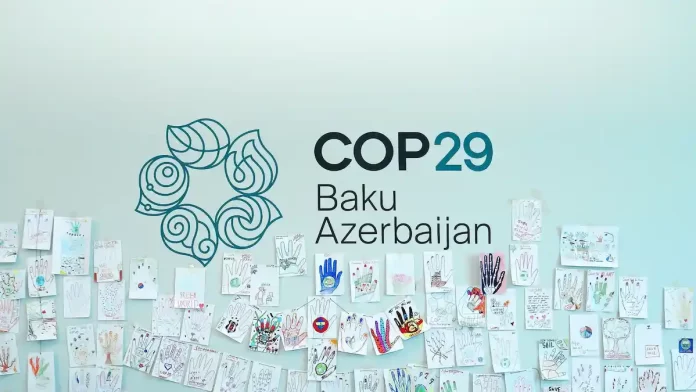The COP29 climate summit concluded with a mixed bag of achievements and setbacks. Hosted in Baku, Azerbaijan, the conference saw protracted negotiations that ultimately led to a pledge from wealthier nations to contribute $300 billion annually by 2035 to assist vulnerable countries in combating climate change. This commitment, drawn from both public and private sectors, represents a modest increase from the $250 billion proposed earlier in the talks but remains far below the $1.3 trillion requested by developing nations.
The $300 billion commitment is intended to support adaptation, mitigation, and loss-and-damage efforts in climate-vulnerable regions. However, critics argue that the absence of clear guidelines on how much will be provided as grants versus loans undermines its potential impact. The deal also fails to address the ballooning debt burdens of many recipient nations, leaving some stakeholders calling it insufficient and unjust.
Discussions on transitioning away from fossil fuels were marred by disagreements. While the agreement retains language from COP28 advocating for a gradual shift from fossil fuels, countries like Saudi Arabia and India resisted setting concrete numerical targets. Meanwhile, nations such as Switzerland and Australia expressed disappointment over what they viewed as weak commitments to reducing global fossil fuel reliance.
This year’s summit highlighted persistent divisions between developed and developing nations over financial responsibility and energy transition timelines. Civil society groups and climate activists criticized the outcomes as a betrayal of vulnerable communities, while some negotiators acknowledged the need for stronger multilateral action in future conferences.
The COP29 outcomes underscore the urgent need for robust international cooperation to bridge funding gaps, enforce stronger emissions reductions, and support the Global South in addressing climate challenges. As attention turns to COP30 in Belém, Brazil, many hope for a more ambitious and equitable approach to combating the climate crisis.
